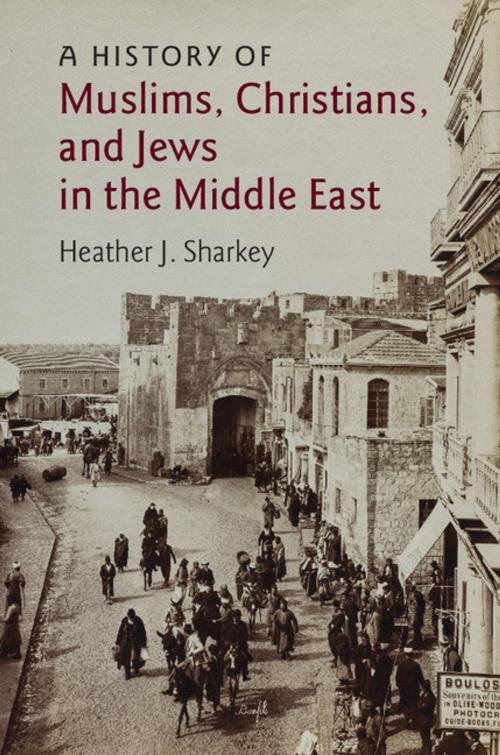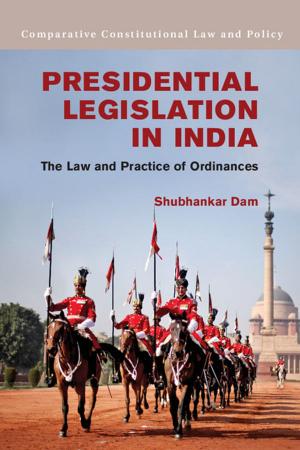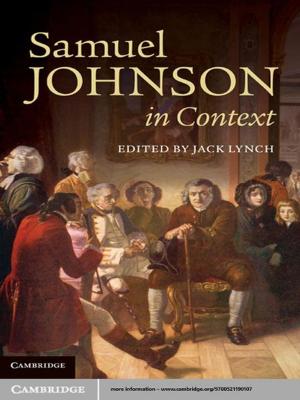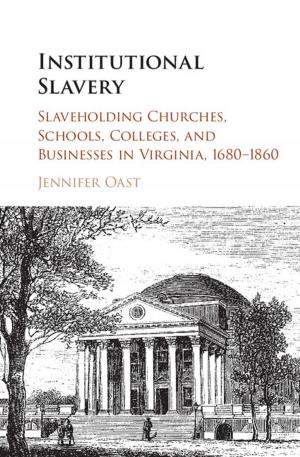A History of Muslims, Christians, and Jews in the Middle East
Nonfiction, History, Middle East, Social & Cultural Studies, Social Science| Author: | Heather J. Sharkey | ISBN: | 9781108155410 |
| Publisher: | Cambridge University Press | Publication: | April 3, 2017 |
| Imprint: | Cambridge University Press | Language: | English |
| Author: | Heather J. Sharkey |
| ISBN: | 9781108155410 |
| Publisher: | Cambridge University Press |
| Publication: | April 3, 2017 |
| Imprint: | Cambridge University Press |
| Language: | English |
Across centuries, the Islamic Middle East hosted large populations of Christians and Jews in addition to Muslims. Today, this diversity is mostly absent. In this book, Heather J. Sharkey examines the history that Muslims, Christians, and Jews once shared against the shifting backdrop of state policies. Focusing on the Ottoman Middle East before World War I, Sharkey offers a vivid and lively analysis of everyday social contacts, dress, music, food, bathing, and more, as they brought people together or pushed them apart. Historically, Islamic traditions of statecraft and law, which the Ottoman Empire maintained and adapted, treated Christians and Jews as protected subordinates to Muslims while prescribing limits to social mixing. Sharkey shows how, amid the pivotal changes of the modern era, efforts to simultaneously preserve and dismantle these hierarchies heightened tensions along religious lines and set the stage for the twentieth-century Middle East.
Across centuries, the Islamic Middle East hosted large populations of Christians and Jews in addition to Muslims. Today, this diversity is mostly absent. In this book, Heather J. Sharkey examines the history that Muslims, Christians, and Jews once shared against the shifting backdrop of state policies. Focusing on the Ottoman Middle East before World War I, Sharkey offers a vivid and lively analysis of everyday social contacts, dress, music, food, bathing, and more, as they brought people together or pushed them apart. Historically, Islamic traditions of statecraft and law, which the Ottoman Empire maintained and adapted, treated Christians and Jews as protected subordinates to Muslims while prescribing limits to social mixing. Sharkey shows how, amid the pivotal changes of the modern era, efforts to simultaneously preserve and dismantle these hierarchies heightened tensions along religious lines and set the stage for the twentieth-century Middle East.















